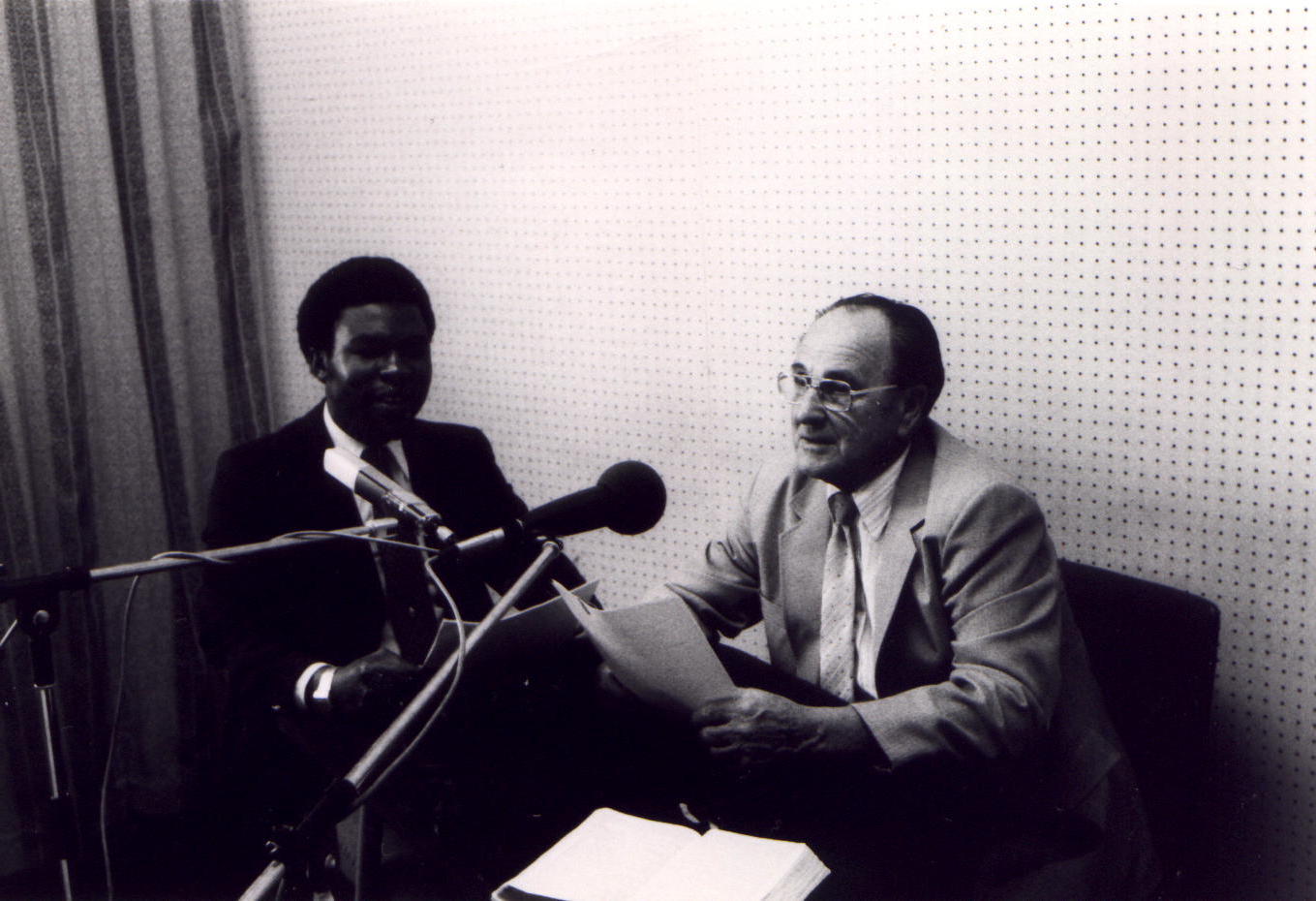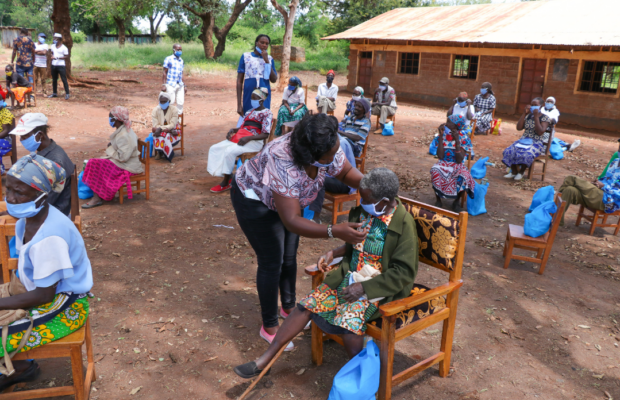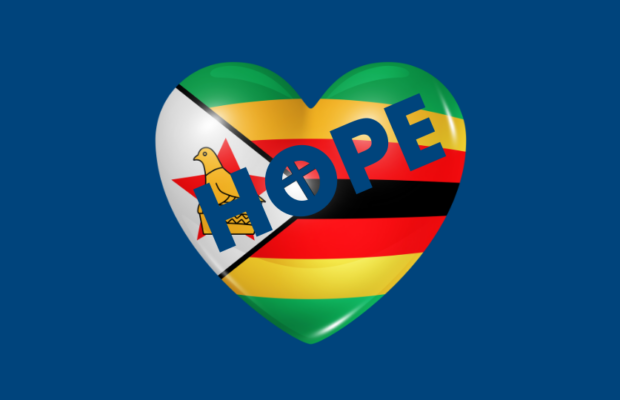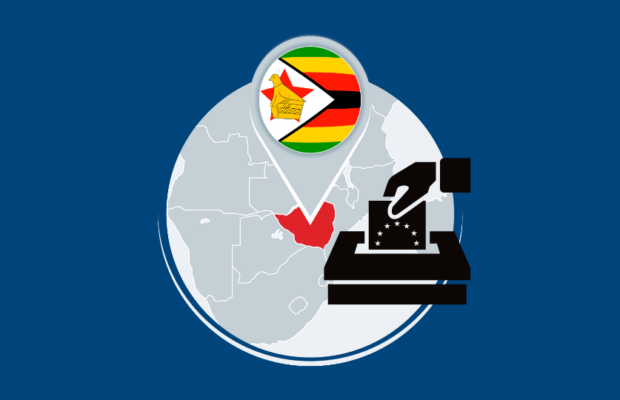

Zimbabwe is a majority Christian country, with various sources estimating between 75% and 85% of the population as identifying with the Christian faith. Facing continued poverty, unemployment, and hyperinflation, many in Zimbabwe are looking to pastors and churches for answers.
Online newspaper New Zimbabwe1 reported earlier this year that many Christians in Mashonaland West province, in Zimbabwe’s north, are turning to apostolic sects in hopes of changing their economic fortunes. Compared to the average American evangelical church, apostolic sect church gatherings tend to emphasize healings, demonic deliverances, and other supernatural, miraculous signs and wonders. Some news reports have also described what could look like elements of prosperity gospel preaching, with sermons preached on the accumulation of physical wealth on earth and congregations led by prophets with exorbitant wealth, celebrity status, and influence on culture and society.
Described as a “massive shift of churchgoers,” the increase in popularity in apostolic sect churches in Zimbabwe is believed to in part be driven by the dire living circumstances of large swathes of society.
While the Lord’s people may be blessed with physical wealth in this life, there is no such promise in Scripture. Rather, the one common marker of following the Lord as a disciple is that there will be suffering.
The Uyghur translation of James 1:9-10 poignantly captures the dynamic between rich and poor in this life:2
نامرات ئېتىقادچىلار خۇدانىڭ ئالدىدا ئۆزلىرىنىڭ ناھايىتى قىممەتلىك ئىكەنلىكىدىن خۇشال بولسۇن. باي ئېتىقادچىلار خۇدانىڭ ئۆزلىرىنى كەمتەر تۇتقۇزغانلىقىدىن خۇشال بولسۇن. چۈنكى ئۇلار شۇنى بىلسۇنكى، ئۇلارنىڭ بۇ دۇنيادىكى ھاياتى خۇددى ياۋا ئوت-چۆپلەردىكى چېچەكلەردەك تېز ئاخىرلىشى
This is roughly translated as follows:
Let poor believers rejoice as they are extremely precious before God. Let rich believers rejoice as God has humbled them. Because, as they may know, their life in this world will quickly come to an end like the flowers of wild grass.
What a beautiful picture – both poor and rich believers are to rejoice in their economic status they have because, with the right perspective, believers in both groups can glorify God. Both have equal standing before the Lord and have both been promised all the spiritual blessings of the heavenlies.
If on one end is the prosperity gospel, and on the other end is a view that wealth is inherently bad, perhaps this captures the Biblical balance.
Please pray for our Amagugu Evangeli (Precious Gospel) broadcast in Zimbabwe, as well as for the Shona- and English-language programs we have assisted with in production, which are heard by listeners in the north, including Mashonaland West province. Pray that the message will speak into the lives of the listeners and their specific individual circumstances. May listeners receive the whole counsel of the Word and find peace and balance in their Christian walk. May they find comfort, solace, and encouragement in their suffering in this life.



